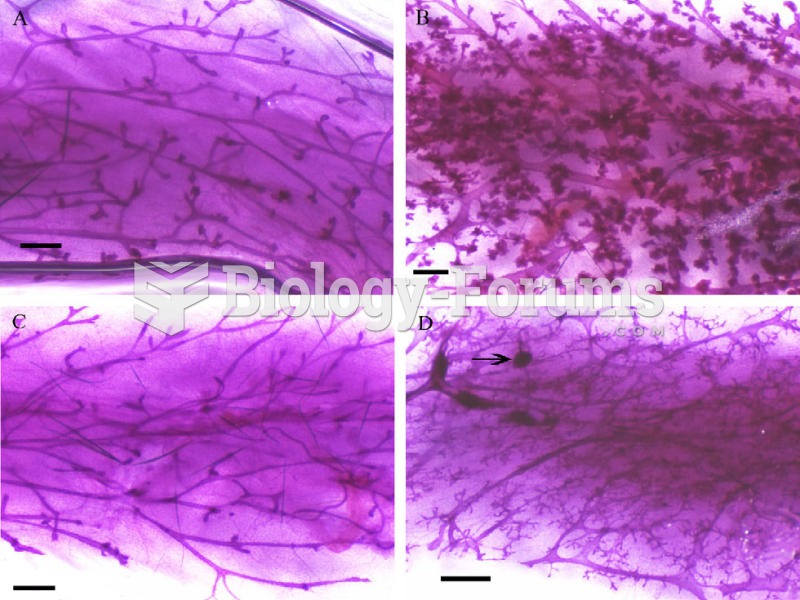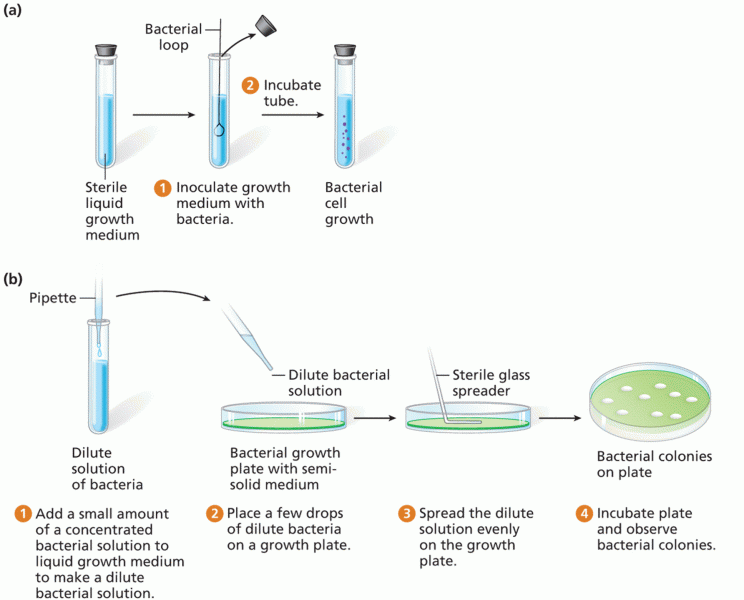|
|
|
Illicit drug use costs the United States approximately $181 billion every year.
For high blood pressure (hypertension), a new class of drug, called a vasopeptidase blocker (inhibitor), has been developed. It decreases blood pressure by simultaneously dilating the peripheral arteries and increasing the body's loss of salt.
Egg cells are about the size of a grain of sand. They are formed inside of a female's ovaries before she is even born.
More than 4.4billion prescriptions were dispensed within the United States in 2016.
About 60% of newborn infants in the United States are jaundiced; that is, they look yellow. Kernicterus is a form of brain damage caused by excessive jaundice. When babies begin to be affected by excessive jaundice and begin to have brain damage, they become excessively lethargic.







